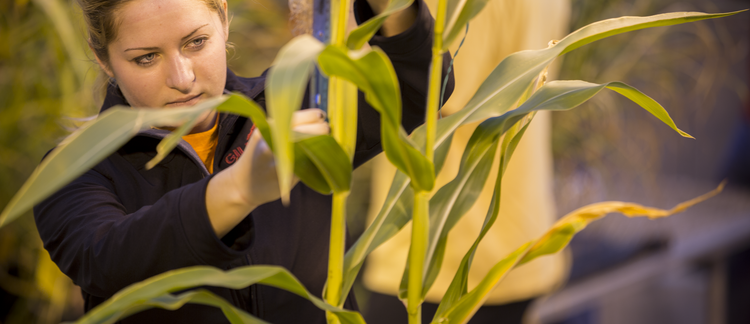Abstract
Liquid swine manure is a valuable crop nutrient source in Iowa. Producers may lack confidence in manure nutrient availability and ability to maintain high crop yields, and therefore may apply additional fertilizer or high manure rates to ensure adequate soil fertility levels. This results in over-application, reduced profits, and potential environmental impacts. Objectives of this project include learning more about liquid swine manure nitrogen (N) and phosphorus (P) as nutrient sources for first-year soybean and subsequent (second)-year corn production, evaluating crop yield with manure compared with commercial fertilizer, monitoring soil P test change with manure application, and helping crop and livestock producers improve manure nutrient management practices. This site was one of 46 on-farm demonstration sites established on various soils throughout 13 Iowa counties in 2000–03. Soil at this location was Kenyon loam.
Keywords: Agronomy
How to Cite:
Lundvall, J., Sawyer, J. E., Mallarino, A. P., Barbazan, M. & Pecinovsky, K. T., (2004) “Liquid Swine Manure Impact on First-Year Soybeans and Subsequent-Year Corn”, Iowa State University Research and Demonstration Farms Progress Reports 2003(1).
Downloads:
Download pdf
View PDF
232 Views
92 Downloads

